
Mushrooms are packed full of nutrients and are very low in calories. They can absolutely be a vital part of healthy and balanced diet and would likely even contribute to weight loss. But can you eat them every day? Is it safe to chow down bowl after bowl and is there a point when they become bad for your health?
Let’s find out.
Yes, you can eat mushrooms every day. They are a great way to boost your fiber, protein, and micro-nutrient intake without contributing greatly to your sodium, saturated fat, or daily caloric intake making them a great food if your goal is weight loss.
A cup of mushrooms contains around 20 calories on average. It’s a lot of volume for minimal calories, so they can help you to increase your food intake without adding too many inches to your waistline.
But of course, it depends on what type of mushrooms you consume. There are over 50,000 species out there. Some are prized for their medicinal properties, many are edible and healthy, while others can be poisonous.
With that in mind, let’s take a closer look at some popular mushroom species, including those often found in mushroom supplement powders.
Yes, and if you want to boost your protein, fiber, and nutrient intake, you should consider adding them to everything. Shiitake mushrooms are not as common as white mushrooms and they are also more expensive. But if you can find them and afford them, there’s no reason why you shouldn’t eat them every day.
Keep in mind that shiitake mushrooms can have a powerful effect on the immune system, so be mindful and aware if you have an autoimmune condition.
There are some reports that regular reishi use can produce liver toxicity. It's nmot true, in fact, these mushrooms are considered safe when used in moderate doses for a long period of time. There are no studies suggesting that they can damage the liver after long-term use.
There have been a number of studies pointing to the potential protective effects of these mushrooms and there are many articles and studies that recommend them for the treatment of liver cirrhosis.(1)
That said, most studies were conducted on rodents and there’s still a lot we don’t know. However, if there are no pre-existing health conditions or allergies present, we can assume that reishi mushrooms are safe to use every day.
There hasn’t been a great deal of studies on the long-term efficacy and safety of lion’s mane, but the research we do have is quite positive. Existing trials suggest that moderate to large doses of lion’s mane are safe when used daily for at least 16 weeks, and there are also a lot of anecdotal reports extending this period by many weeks and months. (2)
These studies used supplements containing lion’s mane extracts, which typically contain a higher concentration of active compounds. This is a highly beneficial mushroom to consume daily.
Cordyceps, like lion’s man and reishi mushrooms, are considered safe when used for many weeks and even months. If you stick within the recommended dose range (always check the label), you should be safe to use them for an extended period of time.
Cordyceps are amazing before a workout, they extend the rate to perceived exertion, allowing you to train for longer without getting tired. Cordyceps mushrooms are insanely good for people who love to exercise, or for those who want to have increased lung capacity.
If you want to reap the full benefits of mushrooms, you should consider taking them daily, for extended periods of time, even indefinitely. Experiment with the many different kinds, our very favorite to cook with are lions mane.
The same is true for mushroom supplements. While missing a day isn’t going to do you harm, if you're taking high quality mushroom supplements you will most certainly know by how you feel throughout the day.
However, if you are using them for a specific purpose, such as increased energy or reduced anxiety, it’s best to stick with the dosage recommended on the label.
Make sure you always monitor your response to these mushrooms or any supplements for that matter. Pay attention to how you feel; before, during, and after consumption.
Mushrooms are high in protein and fiber and low in calories. They also contain trace amounts of many vitamins and minerals, and if you’re consuming them on a regular basis, you’ll go a long way to meeting your DV for vitamin D and other nutrients. In fact, they are a fantastic source of this vitamin for vegans, vegetarians, and people who don’t get a lot of exposure to natural sunlight.
There are some potential issues to be aware of, though.
Firstly, it goes without saying that it is never safe to consume any mushrooms if you are allergic to them. If you suspect that you may be suffering from an allergic reaction to mushrooms, stop eating them and consult a medical professional. As with all foods, allergies are rare, but they do exist and it’s something you need to keep in mind.
If you’re eating mushrooms that haven’t been grown and/or harvested by an expert, take extra caution and make sure you know what you’re eating. Poisonous mushrooms account for a very small percentage of the total mushroom species, but there are still a lot of them out there.
Some will make you a little sick, others will trigger hallucinations, and then there are those that can do serious harm.
It is always best to err on the side of caution when your health is on the line.